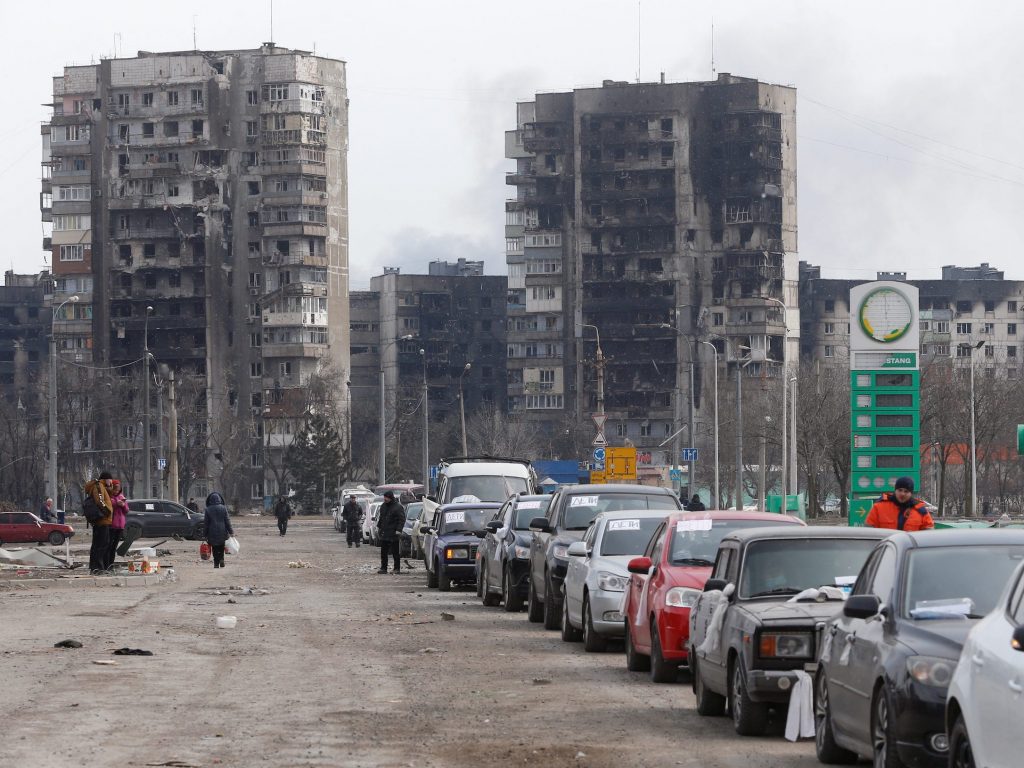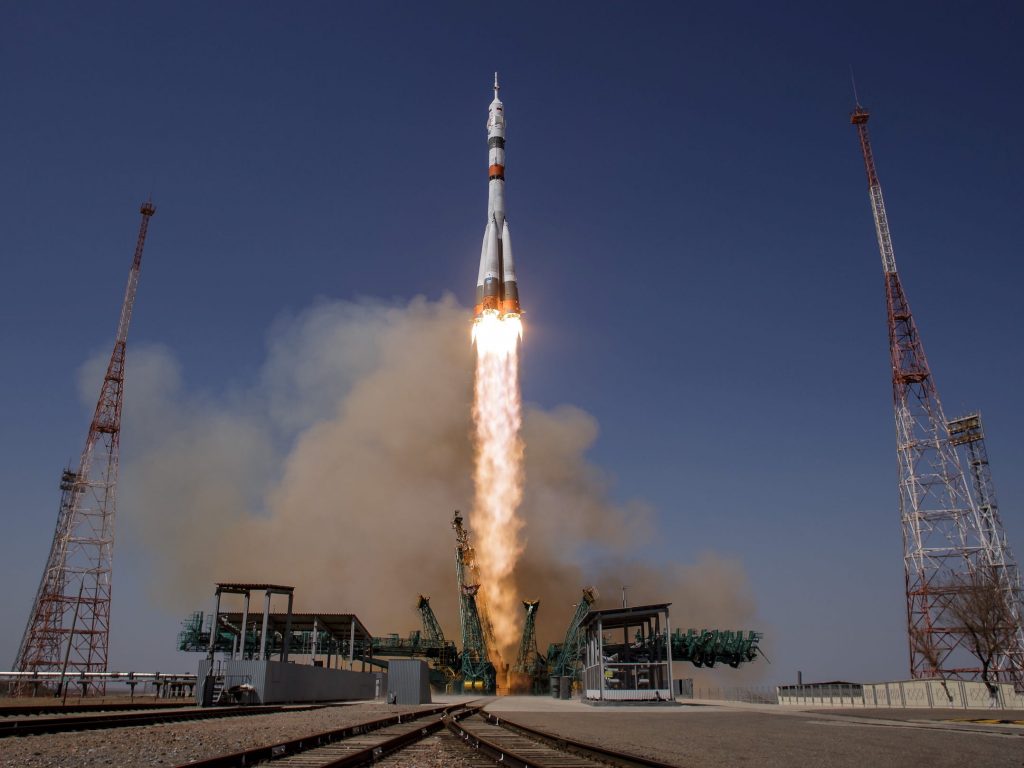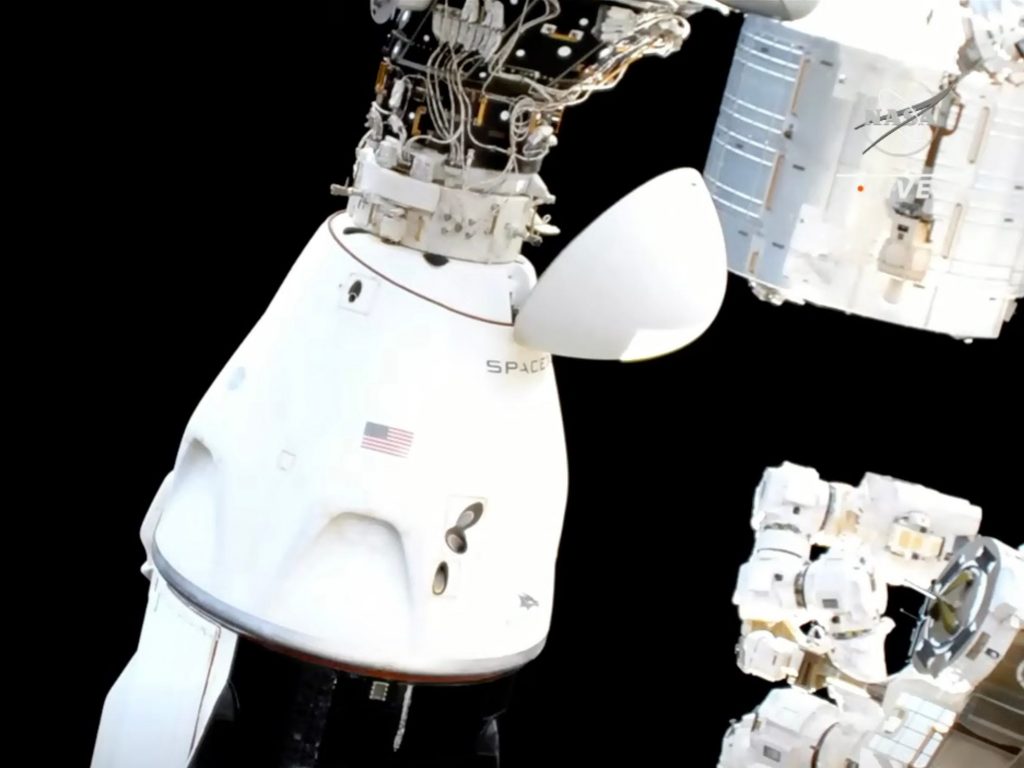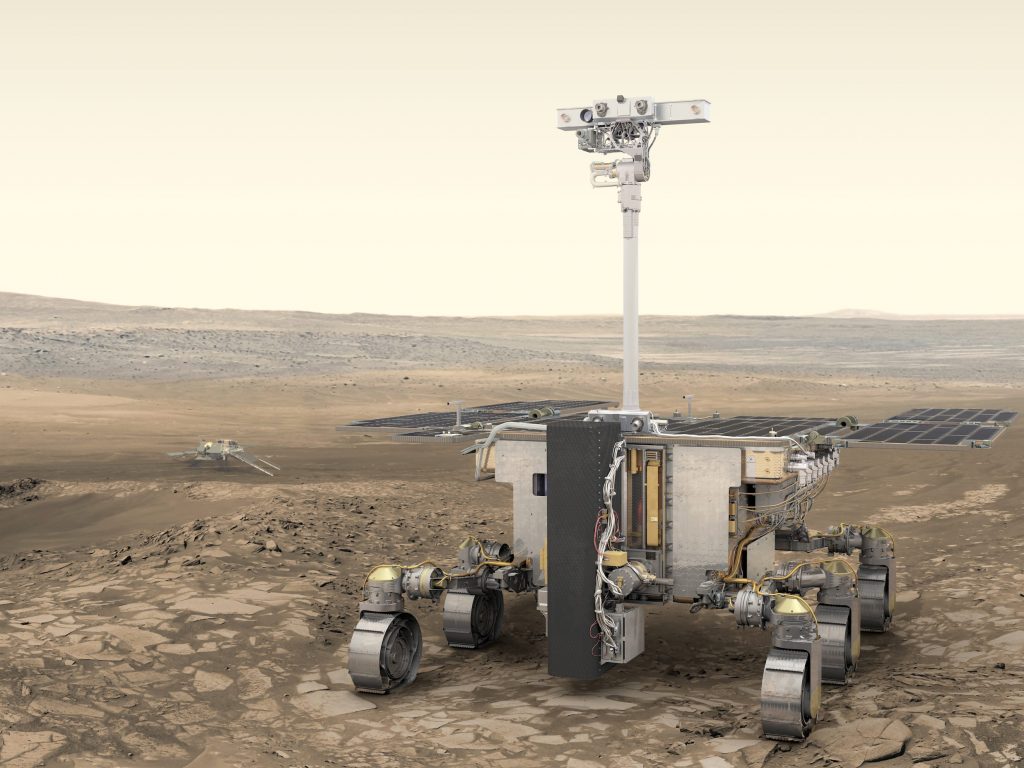- The European Space Agency said on Thursday it's suspending an upcoming Mars mission with Russia.
- The ESA was set to cooperate with Russia for a September launch to send a rover to Mars.
- "ESA is fully aligned with the sanctions imposed on Russia by its Member States," the agency said.
The European Space Agency said on Thursday it's suspending an upcoming Mars mission with Russia due to the nation's ongoing assault against Ukraine.
After meeting in Paris on Wednesday and Thursday to discuss the impact of Russia's war on Ukraine, the ESA said it would be unable to cooperate with Russian space agency Roscosmos in the upcoming ExoMars rover mission. The mission aims to search for signs of ancient Mars life and drill into the planet to collect samples up to 6 feet below the surface.
The rover was designed to launch on a Russian Proton rocket and land on Mars atop a Russian science platform — both integral elements of a Mars mission.
"We deeply deplore the human casualties and tragic consequences of the aggression towards Ukraine," the ESA said in a statement.
It added: "While recognizing the impact on scientific exploration of space, ESA is fully aligned with the sanctions imposed on Russia by its Member States."
ExoMars is a two-pronged space exploration mission. The ESA first sent an orbiter to Mars in 2016. The rover was slated to launch in September 2022, but now it's on hold as the agency assesses its options.
In an ESA council meeting on Thursday, the agency's director of human and robotic exploration, David Parker, said that a 2024 launch is still possible if cooperation with Roscosmos can resume later, according to SpaceNews reporter Jeff Foust. Otherwise, Parker said, the agency is looking at a launch in 2026 or later. He added that even some instruments and heating units on the rover itself are from Russia.
According to Foust, ESA officials said they were considering working with NASA on the rover.
ESA joins other Western alliances cutting ties with Russia

There are 22 member states in the ESA, and Ukraine is not one of them. Bordering states Poland, Romania, and Hungary, however, are part of the ESA.
Russia's war against Ukraine has entered its fourth week, and President Vladimir Putin's forces have largely remained stalled.
The ESA's move comes as a slew of Western countries, alliances, organizations, and corporations have condemned or punished Russia by axing transnational cooperation or slapping sanctions on Russian institutions and oligarchs.
Russia's invasion is straining space relations

Although Roscosmos and NASA continue to collaborate on the International Space Station (ISS), space collaborations are crumbling here on Earth. Many companies and nations rely on Russia's Soyuz and Proton rockets to launch their satellites and other spacecraft into Earth's orbit.
ESA said Thursday that it was also reassessing launch options for three satellites and its Euclid space telescope, which will study dark matter and dark energy. All four missions were designed to launch aboard Soyuz rockets.
Those aren't the first missions affected by Russia's war. The launch of a Soyuz rocket carrying OneWeb satellites, scheduled for March 4, was cancelled after Russia demanded that the company promise the satellites would not be used for military purposes.
Russia has stopped selling and servicing its rocket engines in the US in response to sanctions. Roscosmos Director General Dmitry Rogozin said that US astronauts can fly to the space station on "broomsticks" instead. That comment prompted online taunts from SpaceX CEO Elon Musk. The company's Crew Dragon spaceships already routinely fly astronauts to the ISS, and its Falcon 9 rockets launch satellites even more frequently.

In addition to Musk, Rogozin has gotten into Twitter spats with former NASA astronaut Scott Kelly and astronomer Jonathan McDowell.
Russia has also announced it will stop collaborating with Germany on experiments aboard the ISS.
Otherwise, cooperation continues on the station. On Friday, Russia is launching three cosmonauts to the ISS. NASA astronaut Mark Vande Hei is scheduled to return to Earth alongside two Russian cosmonauts, aboard a Russian Soyuz spaceship, on March 30.
